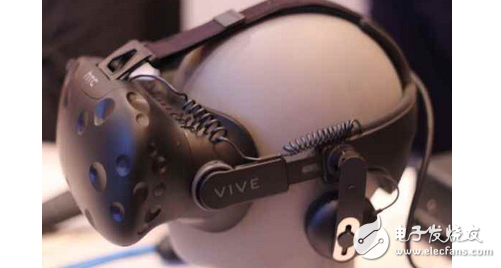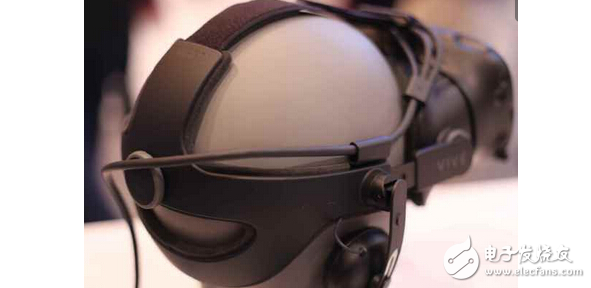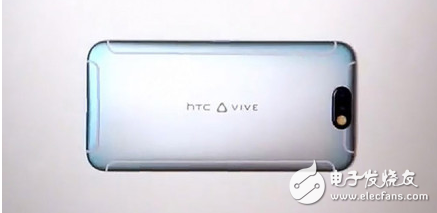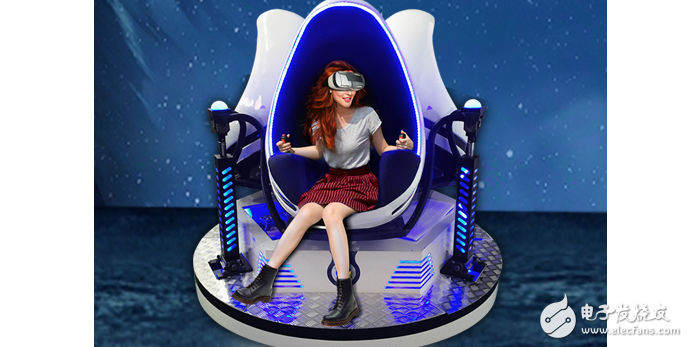The first major technology circle in 2017, CES, finally came to an end, and the aftermath of this event in the media has not yet subsided. The media may sing "China VR manufacturers have a sense of sensation in CES 2017" or scream "This year's CES VR is no longer the limelight."
After withdrawing from the lively venue, VR vendors have to re-adjust their mindset and plan for the next year's development. What changes will VR have in the new year?
Reshuffle: A domestic VR startup welcomes a hard battle in the new year
CES is a "public trip to the public" in the eyes of many VR startups. It is also a good opportunity for the management of VR startups to look good. Many VR startups are hoping to get a big deal at CES and compete for the new year.
Obviously, there are many domestic VR/AR vendors that are highly sought after at CES. Foreign friends are chasing to ask where the TPCAST ​​wireless suite can be bought. The most popular domestic one-piece Pico Neo is marching in the east wind of CES. In foreign markets, Liangfengtai and the old rival AR company Lumus face-to-face exhibitors are also not in the market.
Otto Technology, which was previously exposed to bankruptcy, seems to be hoping for a rebirth after CES. Otto CEO Ye Chenguang issued a message in the circle of friends that he got a 13K order. When asked if this order would alleviate the difficulties of Otto, Ye Chenguang replied that taking the order is normal and there is no mitigation, because Otto's dilemma mainly comes from the pressure of market and financing.
Indeed, in 2017, the market and financing are still two mountains in the VR startup company. Although 2016 is a controversial year for VR, the VR fever did peak in the first half of 2016, which ignited a short-term consumer enthusiasm, which also spawned a capital bubble. In 2017, capital is more rational and undoubted, which means that the enthusiasm of consumers will slow down after a wave of enthusiasm. An insider investor also told 87 Jun that although many high-quality capitals continue to enter the VR market, some capital will exit because VR has no short-term return. The content producer team is relatively small and has a strong self-healing capacity. In contrast, the VR hardware industry will be ushered in a more thorough reshuffle next year.
In this hard battle, the VR startup has only two endings, and the gorgeous take-off may also leave the field, and the latter will also occupy the majority.
TPCAST ​​and Vive listen to smart headwear debut CES



Will the HTC Vive phone be unveiled?
Mobile potential: Giant hair will greatly rewrite the mobile VR market
The "absence" or "missing" of the three giants of Oculus, HTC and Sony has caused many people to complain that this year's CES highlights are too few. For the absence of Oculus, many people attributed to Oculus's innocent participation in CES, which is undergoing mobile and PC business splitting. The temporary "stopping" of the three major players seems to mean that the momentum of the PC-side market will not rise next year.
At present, in addition to giants Google and Samsung continue to deploy mobile terminals, HTC and Oculus both move mobile VR also indicates that the mobile VR market will be rewritten next year. Oculus officially reorganized the mobile VR business after releasing the VR all-in-one Santa Cruz. HTC released the Viveport M mobile content platform and worked closely with Google. Recently, the HTC Vive mobile phone was also released soon. Although the strategy of the two giants in the field of mobile VR is not yet clear, the mobile VR market landscape of "Samsung vs. Google" has been rewritten to be just around the corner.
The new generation of Opteron 835 processors, which was unveiled at CES not long ago, will also add to the boom in the mobile VR market. Compared with the 18-ms delay of the Snapdragon 820, the delay of the Snapdragon 835 is 15ms. In addition, the Adreno 540 with the 10nm process is used for the first time. The Snapdragon 835 processor is also considered to move the desktop VR scene to the mobile terminal. At this moment, mobile VR content providers are already ready to go. With the enhancement of processor performance and the improvement of the engine, the embarrassing situation of mobile VR content "wearing to dance" will be improved.

The offline experience market will usher in spring?
Willow Flower: Experience the store will still experience the spring under the blowout line or will come
According to Ai Media's statistics, the number of VR offline experience stores in China has exceeded 3,000. The online VR experience has also produced star VR startups such as Leke VR and Super Captain. As an offline experience store with Chinese characteristics, it experienced the prosperity of the original egg chair, the rise of peripherals, and now it is fully contracted by Vive equipment, and has become synonymous with high-end VR experience.
However, after the short-term prosperity of the offline experience store in 2016, the shadow of the bleak passengers has always been lingering. The high cost of experience and the lack of quality content are important reasons. However, as a few windows of the existing VR realization, the offline experience will certainly be the fatness of the people in the VR industry. The offline experience stores are constantly being proved in the second, third and fourth tier cities and even small county towns.
As the head of the "biggest action" at CES, HTC also pointed the finger at the offline experience store. In addition to the official launch of the Viveport Arcade content management and publishing platform for offline experience, HTC has also released a tracker that will turn any item into a Vive peripheral, which will boost the Vive peripheral market and help it Attack the offline market. Previously, HTC Vive and Leke VR announced a strategic partnership, Viveport Arcade content will be launched in the next year's 1000 experience stores. In addition, the cooperation between the two parties is not exclusive, Viveport Arcade content is also expected to land on other offline experience brands.
Currently, downloading games directly from the Steam VR platform is a shortcut to the rich content of the experience store, but this does not bring a quality game suitable for offline experience. With the giant traction, for the realization of the demand, the quality of VR content for the offline experience market will also rise, and the offline experience market will usher in the spring.
2017 may still not be the year of VR outbreak. However, the giants are continuing to make efforts, the startups are still full of vitality, and the development of VR will not stop. 2017 will also be a year of opportunities and challenges. After the competition, more entrepreneurial giants will also emerge. For consumers, the VR experience will also change from early adopter to quality, and consumption will also drive VR production to a higher level.
High Quality Tablet Ram 4GB/8GB/16GB SODIMM UDIMM DDR4 8gb Laptop 2400mhz Ram
Model
DDR4 SODIMM
Brand
Semsotai /OEM /ODM /OBM
ECC
Non-ECC
Capacity
4GB/8GB/16GB
Chipsets
Samsung /SK Hynix/Mircon/Spec tek
Frequency
2133MHz/2400MHz/2666MHz/3200MHz
Speed
PC4-17000/PC4-19200/PC4-21300/PC4-25600
Componets Configuration
(256m/512m/1G) x8/x16
Memory CAS Lantency
CL15/CL17/CL19/CL21/CL22
Supply Voltage
1.2V
Pin Count
260PIN
PCB layer
8 /10 layer high speed PCB
Certificate
CE/FCC/ROHS
Operation temperature
0C-95C
Compability
100% Work with all motherboard
Ddr4 Laptop Memory,Ddr4 Rgb Ram,Ddr3 Ram 8Gb Pc 1600,Game Ddr3 8Gb
MICROBITS TECHNOLOGY LIMITED , https://www.hkmicrobits.com